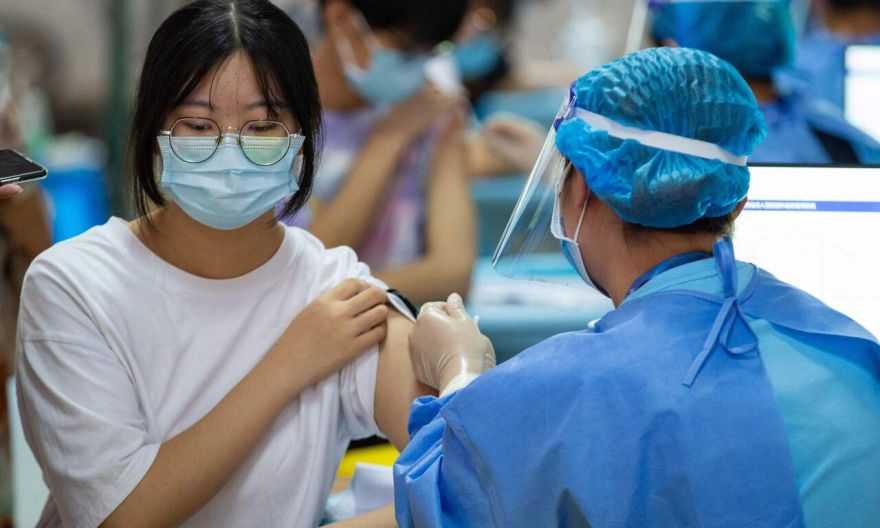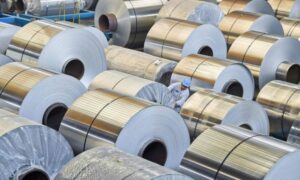Chinese firm buys Canadian mRNA vaccine rights in $670 million deal

BEIJING (BLOOMBERG) – Chinese biopharma firm Everest Medicines will license an mRNA Covid-19 vaccine from Canada’s Providence Therapeutics Holdings as companies try to bring the most effective inoculation platform into China despite its apparent resistance to Western shots.
Everest will gain rights to Providence’s vaccine in Greater China and countries that include Indonesia, Singapore and Thailand, it said in a statement Monday (Sept 13). It will pay US$100 million (S$134 million) cash upfront for access to the vaccines and mRNA technology, and up to US$100 million in profit-sharing, the statement said.
The deal includes another payment of up to US$300 million in stock if further products are developed using Providence’s mRNA technology platform.
While almost a billion people have been fully vaccinated in China, the country is still lacking an mRNA shot, with most of the population inoculated with inactivated vaccines from Sinopharm Group and Sinovac Biotech, which studies have found to be less effective.
A deal by Fosun Pharmaceutical Group to sell BioNTech’s mRNA shot in mainland China has yet to be approved by regulators, suggesting that it may not be easy to bring in a foreign mRNA vaccine, partly because of political sensitivities.
If approved, the Everest-Providence vaccine will likely be used as a booster shot in China given that most of the population has been vaccinated, Everest chief executive Kerry Blanchard said in an interview.
In other Asian nations within Everest’s remit, there’s still the need for primary vaccination, he said. “That’s still a large group of people,” Mr Blanchard said. “I think it’s a reasonable assumption that most adults will likely need a booster at some point, and the older you are, the more rapidly the immunity wanes. People will need to have at least one booster.”
Everest’s full technology transfer of the Providence shot means that the Chinese firm would have a bigger stake in the vaccine, which may potentially help its chances to be considered as a Chinese vaccine, compared with Fosun Pharma, which would only manufacture and distribute the BioNTech jab.
Given the vaccine has only just completed phase one trials in Canada, it’s difficult to put a timeline on the shot’s development, which depends on the enrolment of patients, execution of the trials, and flexibility of the regulatory system. But a phase III trial will likely start this year or early next year, he said.
While there’s little knowledge on how much protection the vaccine will provide against the virus, Mr Blanchard said the immunogenicity and the neutralisation are “as good or better than Pfizer and Moderna” against the original strain of the virus and its variants.
The delay in approving the BioNTech-Pfizer shot has stoked speculation that China’s government is trying to avoid acknowledging that local shots may be less effective than Western ones.
“We believe that a locally manufactured vaccine is the right approach, and that’s the approach we’ll pursue,” Mr Blanchard said. “I do believe our ability to do full technology transfer into China is important.”
China’s home-grown mRNA vaccine from Walvax Biotechnology is in phase three trials and expects efficacy data by the end of this year. Sinopharm, which has administered about 1.6 billion shots globally, said it’s also working on developing mRNA shots against Covid-19 variants.



